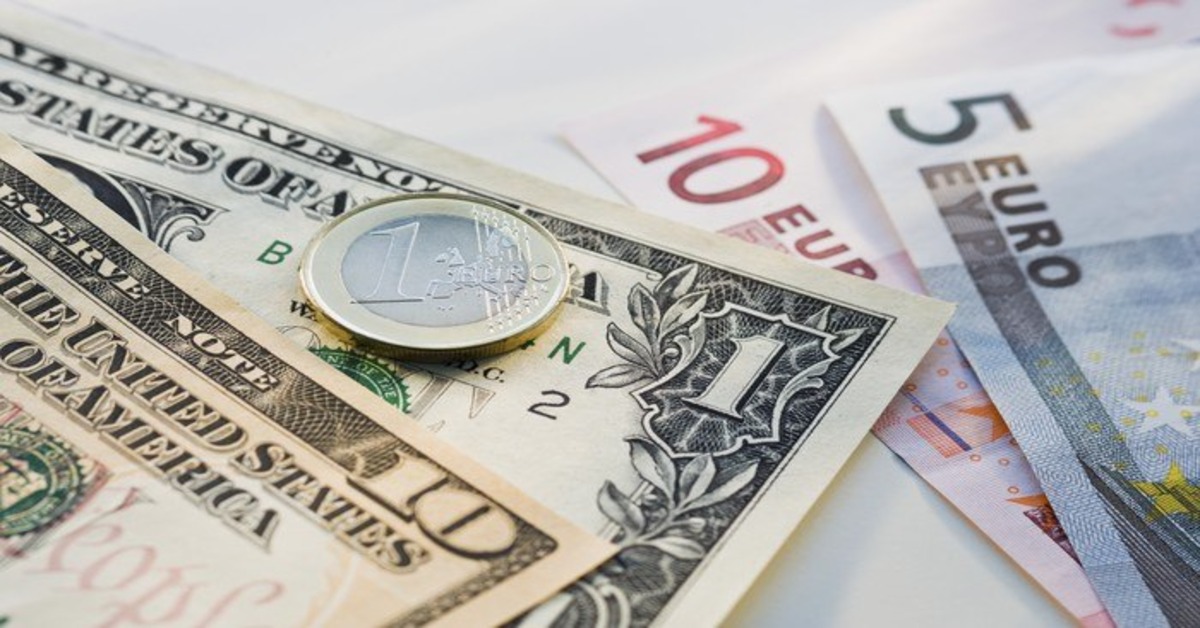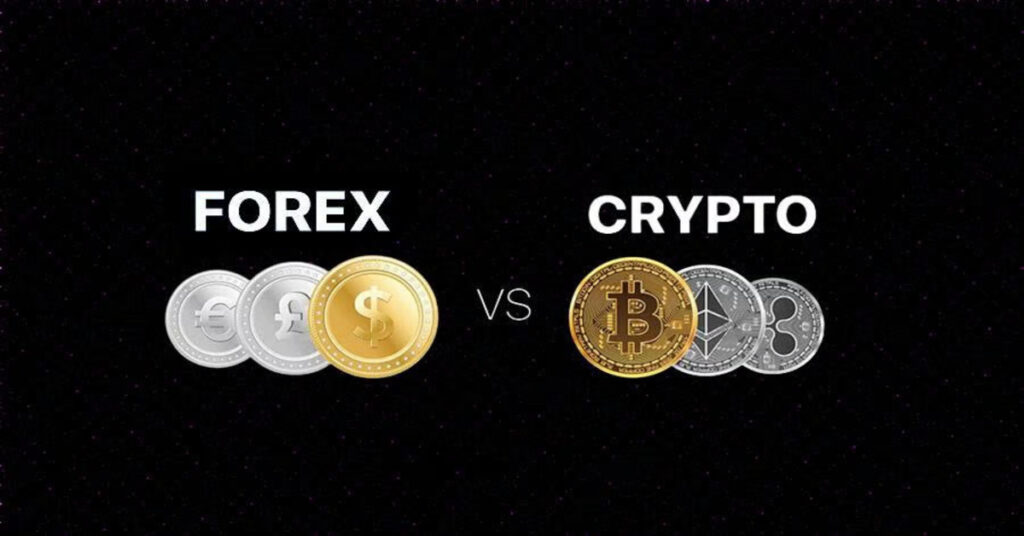The Euro has weakened against the US Dollar due to Germany’s Gross Domestic Product (GDP) performance. Germany is the largest economy in the Eurozone and is often used as a gauge for overall Eurozone performance. The recent contraction of the German economy has brought back recessionary talks, which is impacting the Euro’s current status.
The mixed data from the Eurozone has caused a dampening effect on the Euro’s strength. The GDP numbers showed that the German economy contracted by 0.4% in Q4 2022, which is contributing to the Euro’s weakness. The Euro is currently testing the key area of confluence around the 200-day SMA (blue), and while there is still room for a push higher towards the psychological 1.0500 handle, the recent German GDP numbers may prevent this from happening.
Key Takeaways
- Germany’s GDP performance is a strong indicator of the overall Eurozone’s performance.
- The Euro is currently testing the key area of confluence around the 200-day SMA (blue).
- The recent German GDP contraction has brought back recessionary talks, which is impacting the Euro’s current status.
Euro’s Current Status
https://www.youtube.com/watch?v=bkftAWsEyek&embed=true
The Euro has weakened against the US Dollar due to the recent release of German GDP data. Germany, being the largest economy in the Eurozone, has a significant impact on the global currency markets. The negative growth in the German economy has caused investors to shift towards the US Dollar, which is considered a safe-haven currency.
The EUR/USD exchange rate has been fluctuating due to mixed inputs from the Euro area. The recent IG client sentiment data suggests that retail traders are currently net long on the EUR/USD, indicating a bullish outlook for the Euro. However, the negative German GDP data may cause a shift in this sentiment.
The Euro is expected to remain under pressure in the short term as the impact of the German recession is felt across the Eurozone. The European Commission has already cut its growth forecast for the Eurozone, citing the slowdown in consumer demand.
In conclusion, the Euro’s current status is weak due to the negative German GDP data. The EUR/USD exchange rate is fluctuating, and the Euro is expected to remain under pressure in the short term. Retail traders are currently bullish on the Euro, but the negative German GDP data may cause a shift in sentiment.
Impact of German GDP on Euro
https://www.youtube.com/watch?v=03CxYK-5Moo&embed=true
The German GDP figures released earlier today have shown negative growth in the country, which has compounded recessionary fears. This downturn in the German economy has had a significant impact on the Euro currency.
Germany is the largest economy in the Eurozone and has a significant influence on the currency’s overall performance. The German economy has been struggling with a slowdown in production and a decrease in exports, which has led to a contraction in GDP growth.
The Eurozone economy is closely tied to Germany’s economic performance, and the recent downturn in the German economy has led to concerns of a broader economic slowdown in the Eurozone. The Euro currency has weakened in response to the negative growth in Germany’s economy, and this trend is likely to continue in the short term.
The economic forecast for Germany and the Eurozone remains uncertain, with many analysts predicting a prolonged period of economic stagnation. The recent negative growth in Germany’s GDP has raised concerns of a potential recession in the Eurozone, which could have significant consequences for the global economy.
In conclusion, the German GDP figures have had a significant impact on the Euro currency, and the economic outlook for Germany and the Eurozone remains uncertain. The recent downturn in the German economy has raised concerns of a broader economic slowdown, which could have significant consequences for the global economy.
Influence of ECB and Inflation
https://www.youtube.com/watch?v=zjfGLWhtsV4&embed=true
The European Central Bank (ECB) is responsible for maintaining price stability in the Eurozone. The ECB’s monetary policy decisions have a significant impact on the Euro’s exchange rate. ECB officials have been hiking interest rates to combat high inflation rates in the Eurozone.
The sum of currency in circulation and overnight bank deposits in the Eurozone, referred to as M1, has increased by over 30% in the two and a half years following the outbreak of the pandemic. Over the same period, inflation has accelerated from 1.2% to 9.1%. It peaked at 10.6% in October 2022.
The ECB Monetary Policy Meeting Accounts, which were released recently, highlighted market uncertainty as well as data dependency going forward. The ECB is expected to continue hiking interest rates to combat high inflation rates.
Citigroup Inc. has lowered its 6- to 12-month forecast for the Euro to $1.06 from $1.14 previously. The Euro has slumped from about $1.07 in New York trading on Wednesday. The Euro’s weakness is expected to continue even with another ECB rate increase.
Overall, the ECB’s monetary policy decisions and inflation rates have a significant impact on the Euro’s exchange rate. The ECB is expected to continue hiking interest rates to combat high inflation rates in the Eurozone.
Technical Analysis of Euro
https://www.youtube.com/watch?v=TsXcLFgRX-0&embed=true
The Euro has weakened against the US Dollar due to the latest German GDP data. The EUR/USD pair is currently trading at 1.1565, which is below the 50-day moving average of 1.1620. The trend is bearish, and the Euro is expected to continue its downward movement.
The resistance level for the Euro is at 1.1650, while the support level is at 1.1500. If the Euro breaks below the support level, it could go down to 1.1400. The Relative Strength Index (RSI) is currently at 45, which indicates that the Euro is in a neutral zone.
The EUR/USD daily chart shows that the Euro has been in a downtrend for the past few weeks. The Euro has been making lower highs and lower lows, which is a bearish sign. The Euro is currently trading below the 50-day moving average, which is also a bearish sign.
The technical analysis of the Euro suggests that the trend is bearish, and the Euro is expected to continue its downward movement. The resistance level is at 1.1650, while the support level is at 1.1500. The RSI is currently at 45, which indicates that the Euro is in a neutral zone.
Euro Q4 Outlook and Opportunities
https://www.youtube.com/watch?v=52AKjXJId4Q&embed=true
The Euro has weakened against the US dollar, following the release of German GDP figures, which showed the country slump into its first negative growth quarter since Q4 2022. This has compounded recessionary fears, while the equity risk premium may be excessively compressed in the light of the weak macroeconomic outlook for the Euro area.
Despite the risks, there are still opportunities for investors looking to take long positions in the Euro. The Euro remains a safe haven currency, and with trial and unlimited access to the European Central Bank’s various lending facilities, investors can still find opportunities to invest in the Euro.
Looking ahead to Q4, the Euro may continue to weaken against the US dollar, as the effects of monetary policy tightening transmit throughout the economy. However, a successful breakout above the 1.1275 barrier could reinforce upward impetus, paving the way for a rally towards the 2023 high.
Investors should continue to monitor economic forecasts and leading indicators of economic activity, as well as the equity risk premium, which may provide further insight into the Euro’s outlook. Overall, investors should remain cautious and informed when considering investing in the Euro, weighing the risks and opportunities carefully before making any decisions.









